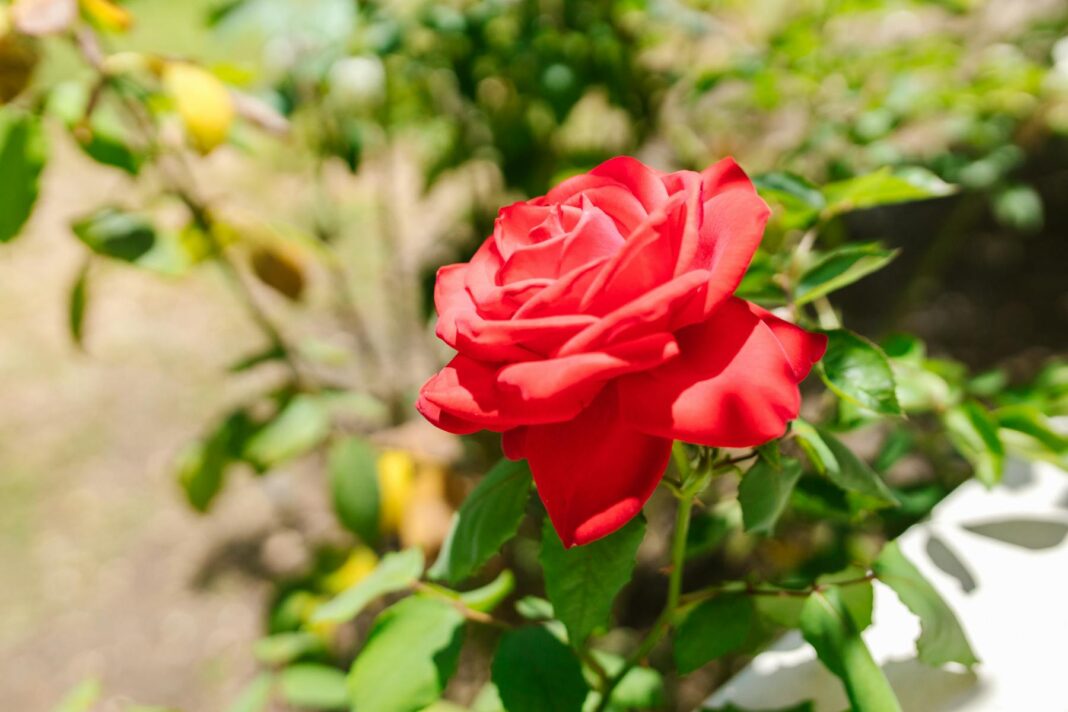Life is hard. On this, all the great religions and philosophies agree. They may disagree about why life is hard, but none of them question that life is hard. Of course, it is not just theologians and philosophers who are sensitive to the harsh vagaries of life. I know of no one who has lived very long or very deeply who has not experienced hardship. Anyone with a pulse will face trouble. It is an inescapable fact of life.
The issue is not whether life will be hard. It will be. The issue is how we respond to hardship when it comes? How will we shape it? What will we make of it? How will it shape us?
Howard Thurman, author, philosopher, theologian and educator, tells an insightful story about his grandmother when life became hard for her.
His grandmother, an African American woman, owned a small piece of land on which she grew tomatoes, greens and other vegetables as well as an assortment of flowers. Her property happened to butt up against the land of a white woman, who did not believe that a Black woman should own land, especially land that bordered hers. So, every night the white woman would shovel the manure out of her chicken coop and throw it on the black woman’s garden, trying to kill her plants. Thurman’s grandmother could have become angry and vengeful and found a way to retaliate, flinging the poop back at her neighbor, tit for tat.
But, she didn’t. She knew that the manure would make excellent fertilizer for her plants, and it was being delivered free of charge! So, every morning, she would go out and mix the manure into the soil around her flowers and vegetables. This happened day after day. The white woman threw a storm of manure over the fence every night. Every morning, the Black woman worked it into her garden soil. Escaping the white woman’s notice, however, was that her Black neighbor’s garden was turning lush and green and swollen with produce.
The white woman eventually stopped harassing her Black neighbor, not because of a change of heart but due to debilitating illness. One day, there was a knock on the white woman’s door. It was Thurman’s grandmother, standing there with a smile and a beautiful bouquet of roses. The white woman invited her in. The Black woman placed the vase of flowers near the ailing white woman, who took a long smell of the fragrant roses. The white woman said, “These are the most beautiful flowers I have ever seen. Where did they come from?”
“Well,” said Thurman’s grandmother, “They came from my garden, which you have been helping me grow. I took all of the free manure that you were giving me and spread it around my plants. Now, look at what we have made.”
Life is hard. It always will be. But, what do we make of the hardship? And, what will it make of us? Of course, we can become bitter, complaining about how unfairly we are being treated. That’s certainly a reasonable response, and, if I may confess, I have walked on that stony path before. It turns out that it doesn’t really help much — even if we are slathered with well-earned pity. A pitiful life isn’t such a good life. It is … pitiful.
We could get angry and savor our options for retaliation, imagining the payback we could inflict. Our small, fearful, angry self likes that. Wouldn’t it feel good to scratch the itch of getting even? The problem is that all our scratching leaves a nasty sore spot on our skin and in our soul.
Or, maybe, just maybe, we can learn something from Thurman’s grandmother, who did not stoop to pity or revenge. Instead, she stood up bravely and creatively for healing and kindness. She found a way to turn manure into roses and tomatoes and greens — and a new friendship.
What would happen if we could do the same with the manure that comes over our fence? Imagine the roses we could grow!










